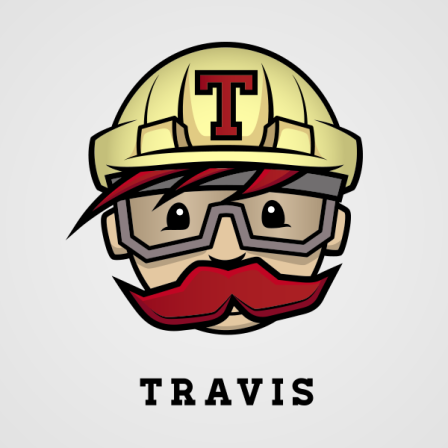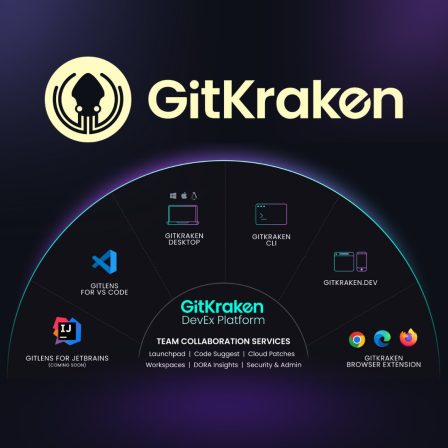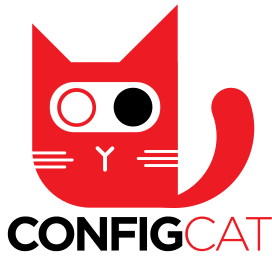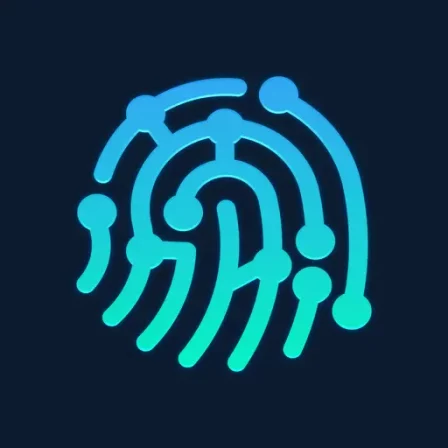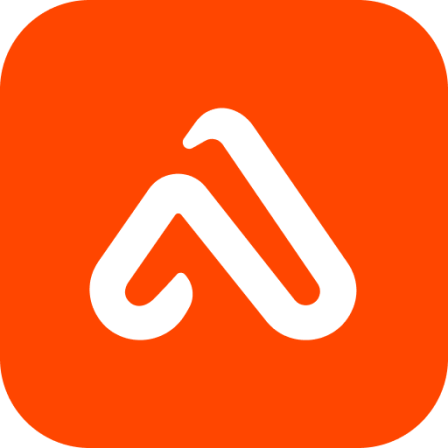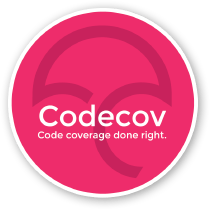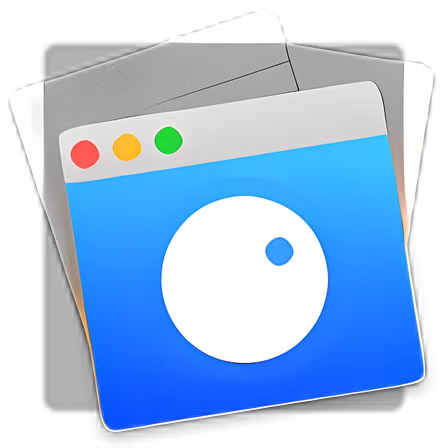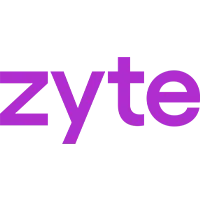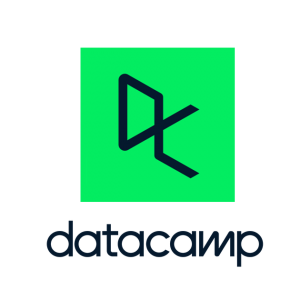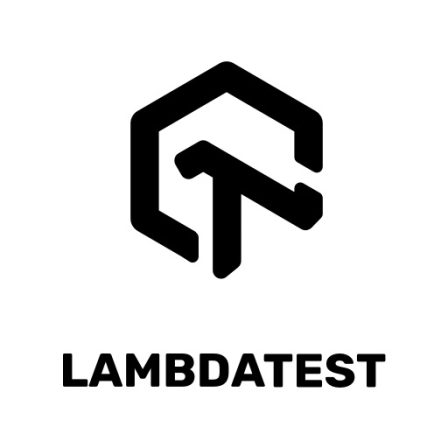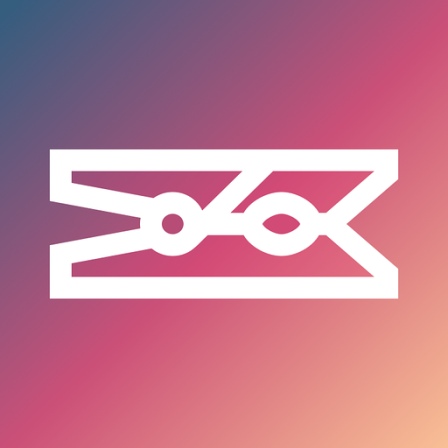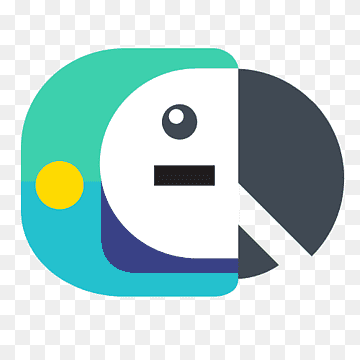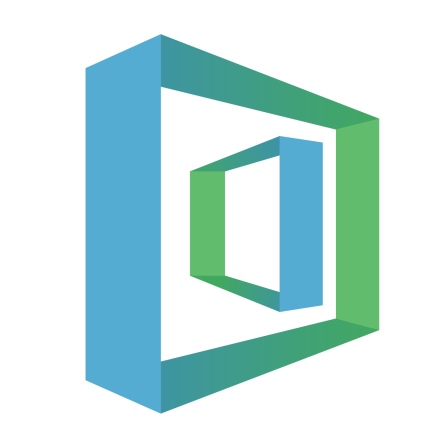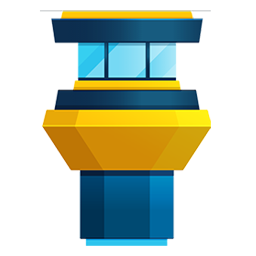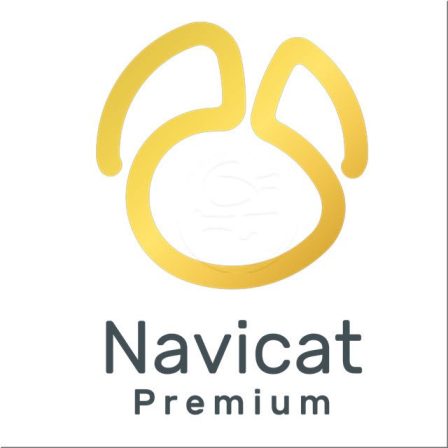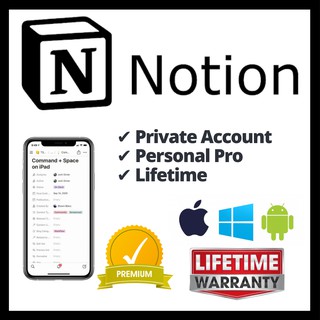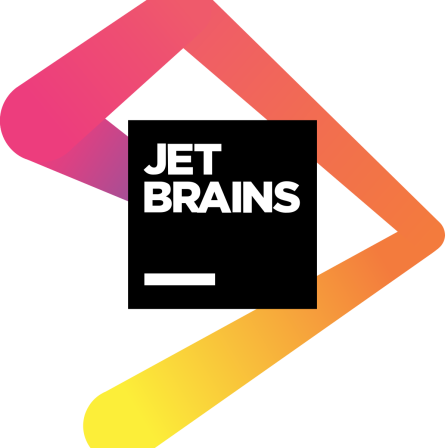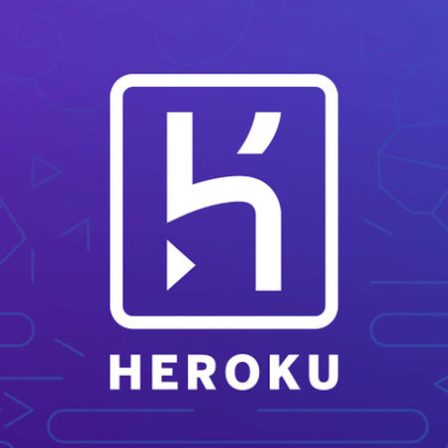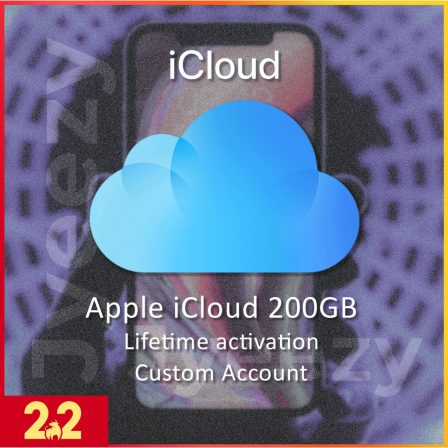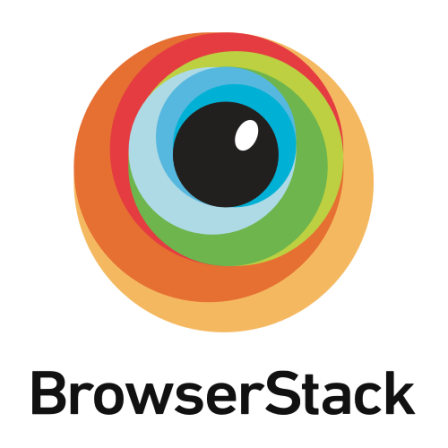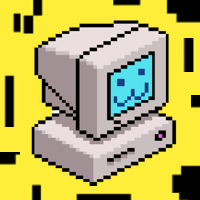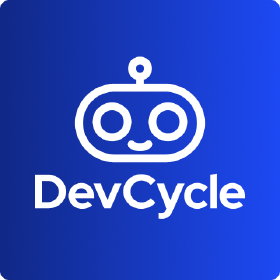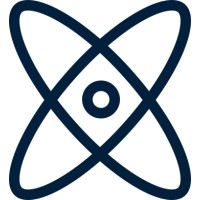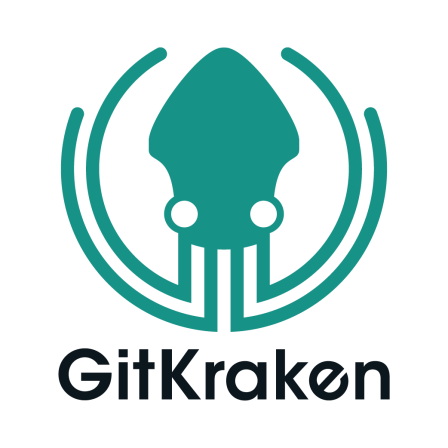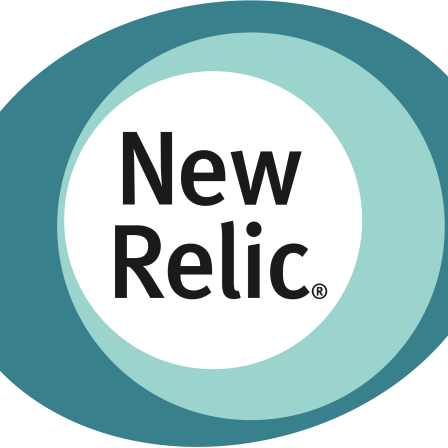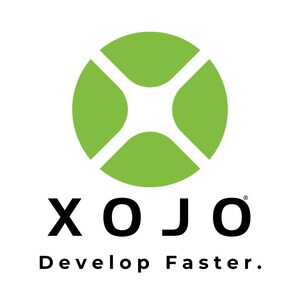There is no item in your cart
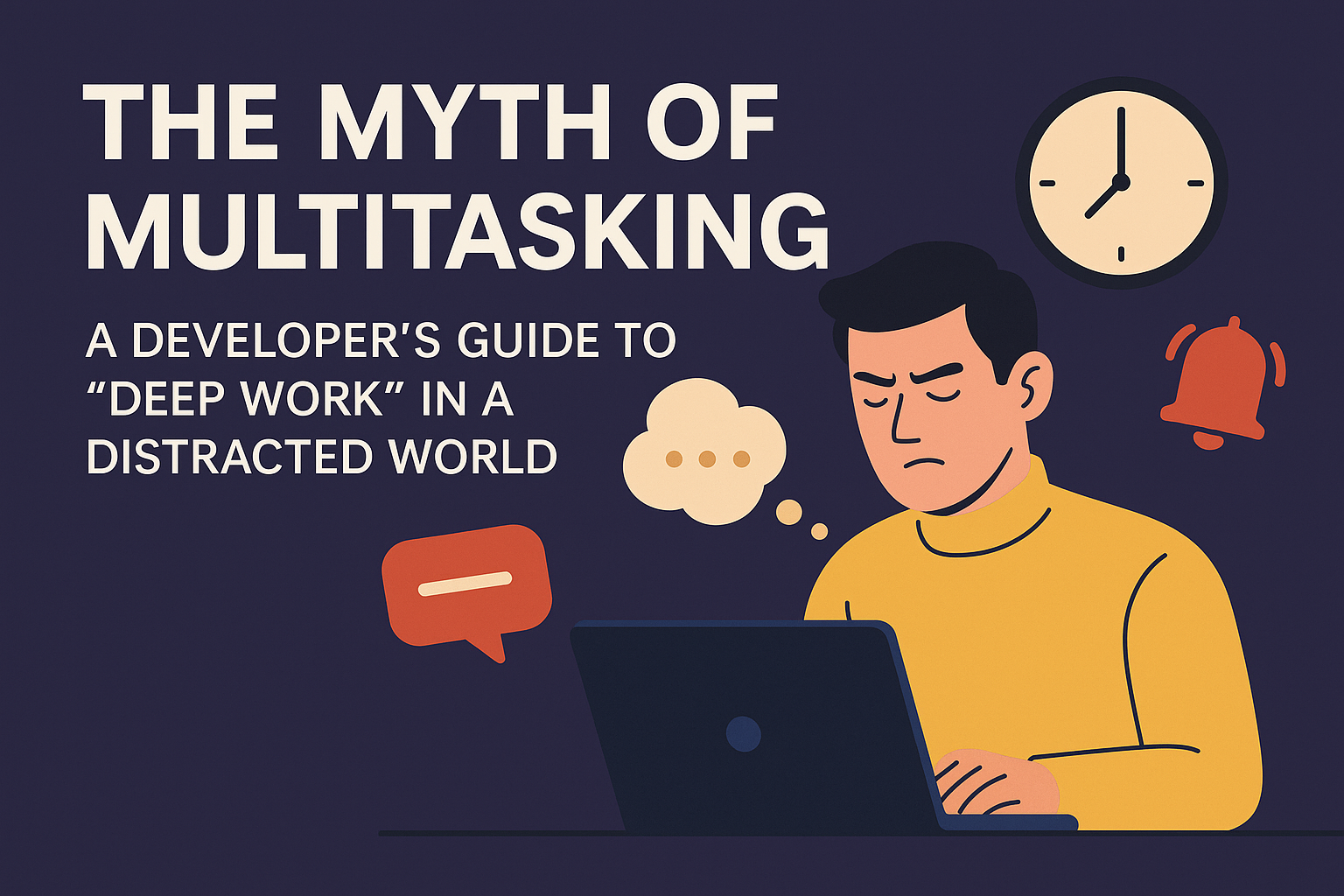
The Myth of Multitasking: A Developer’s Guide to “Deep Work” in a Distracted World
It’s 5 PM. You’ve been at your desk for eight hours, answered dozens of Slack messages, attended two meetings, and reviewed three pull requests. You’ve been busy. But as you look at your code editor, you realize you haven’t written a single line of truly meaningful code on your main project. Sound familiar?
This is the reality of modern knowledge work. We are drowning in “shallow work”—the constant context-switching, low-value tasks that fragment our attention and leave us feeling exhausted but unproductive. The antidote to this is Deep Work: the ability to focus without distraction on a cognitively demanding task. In an increasingly distracted world, this is the superpower of the 21st-century professional. This guide explains how you, as a developer, can cultivate it.
Why Deep Work is Non-Negotiable for Developers
Software development is the quintessential deep work task. It requires holding complex systems, abstract logic, and intricate data flows in your head all at once. Every interruption—every notification, every “quick question” from a colleague—shatters this delicate mental model, forcing a costly “cold start” for your brain. You can’t write great code in five-minute increments between meetings.
Designing Your Deep Work Ritual: A Practical Guide
You must intentionally design an environment that protects your focus. Here’s how:
- Time-Block Your Day: Don’t leave your most important work to chance. Schedule long, uninterrupted blocks of 90-120 minutes in your calendar specifically for “Deep Work on Project X.” Treat these blocks like important meetings that cannot be moved or double-booked. A clear plan in a tool like [Notion] can serve as your roadmap for the day.
- Create a “Distraction-Free” Cocoon: Your environment dictates your focus. This means turning off phone notifications, closing unnecessary browser tabs, and using tools to enforce focus. A distraction dimmer app like [HazeOver] for Mac is designed for exactly this, by automatically fading out all background windows and helping you concentrate only on your active application.
- Embrace Asynchronous Communication: Meetings are the number one killer of deep work. Push for an “async-first” culture. Use a tool like [DailyBot] to automate daily stand-ups and status updates, freeing up valuable focus time for the entire team. A well-written pull request description is often better than a 30-minute review meeting.
- Implement a “Shutdown Ritual”: At the end of your workday, have a clear ritual to signal to your brain that it’s time to stop. Review your progress, quickly plan the next day’s tasks, and then close your laptop. This prevents work from “leaking” into your personal time and helps you recharge properly for the next day’s deep work session.
Conclusion
The ability to consistently perform deep work is becoming an increasingly rare and, therefore, an increasingly valuable skill in the modern economy. It’s not about working more hours; it’s about making the hours you work count. By consciously designing your workflow around long stretches of uninterrupted focus, you can produce higher-quality work in less time and find more satisfaction in your craft.
Creating an environment for deep work requires a deliberate effort and the right set of tools. From planning your day in [Notion] to eliminating visual clutter with [HazeOver] and automating team check-ins with [DailyBot], the right toolkit can protect your most valuable asset: your focus. Explore the full suite of productivity and professional tools at SMONE and build the focused workflow you deserve.
